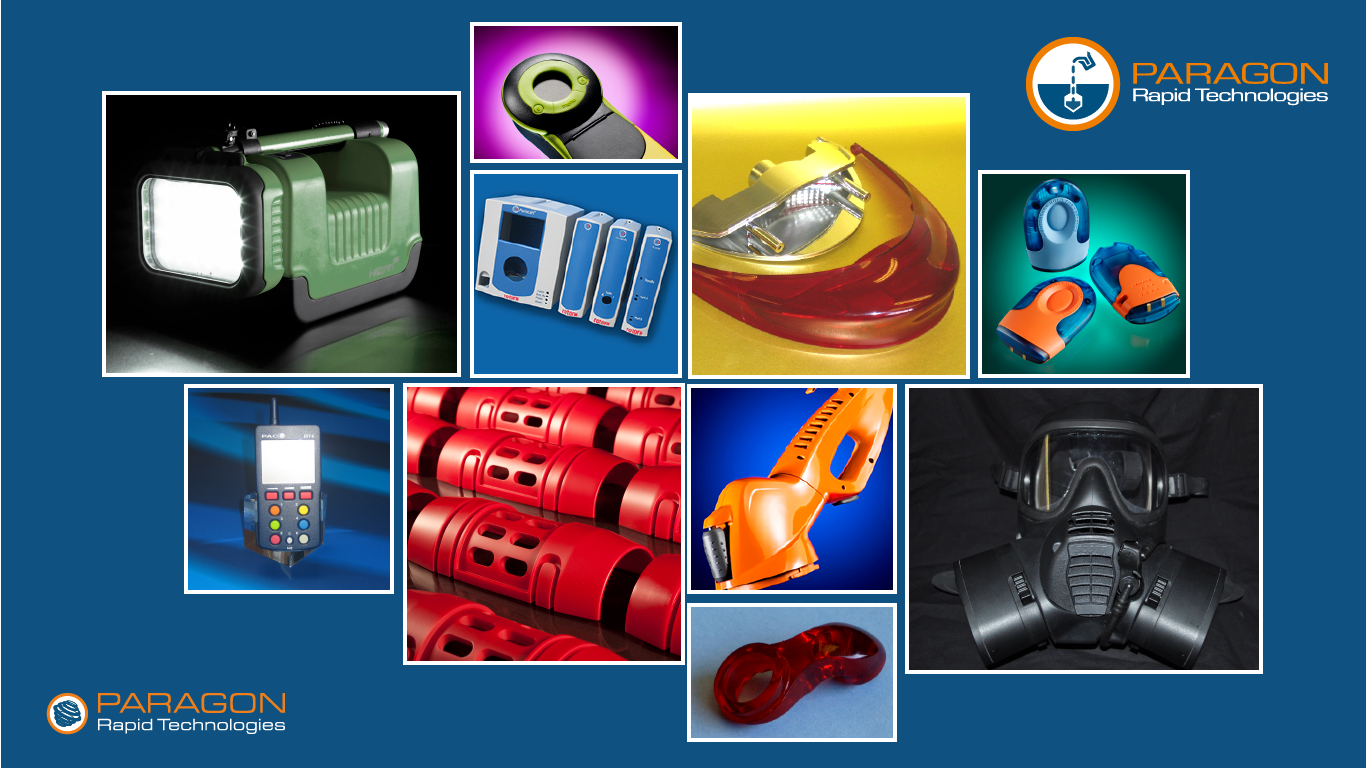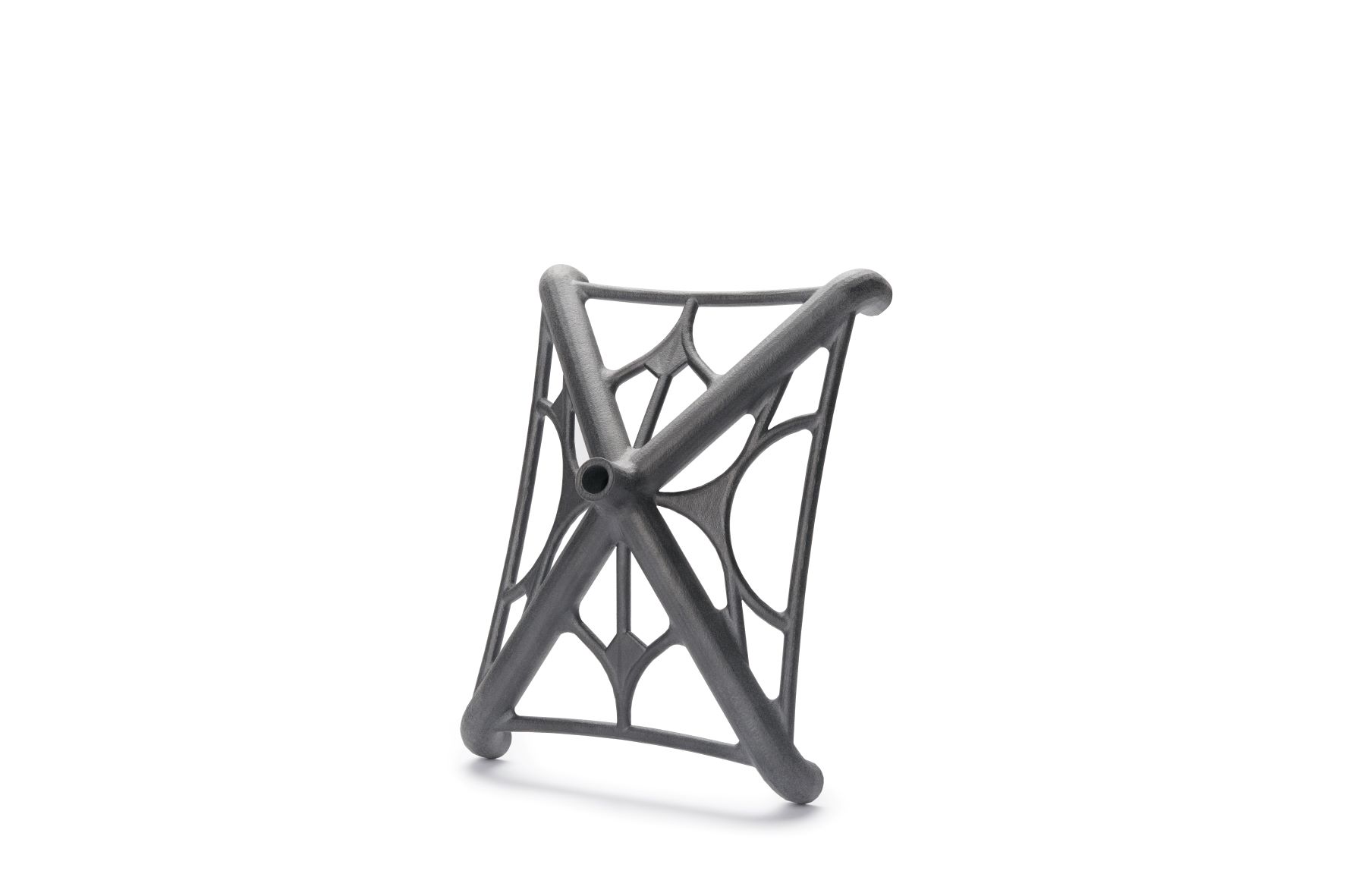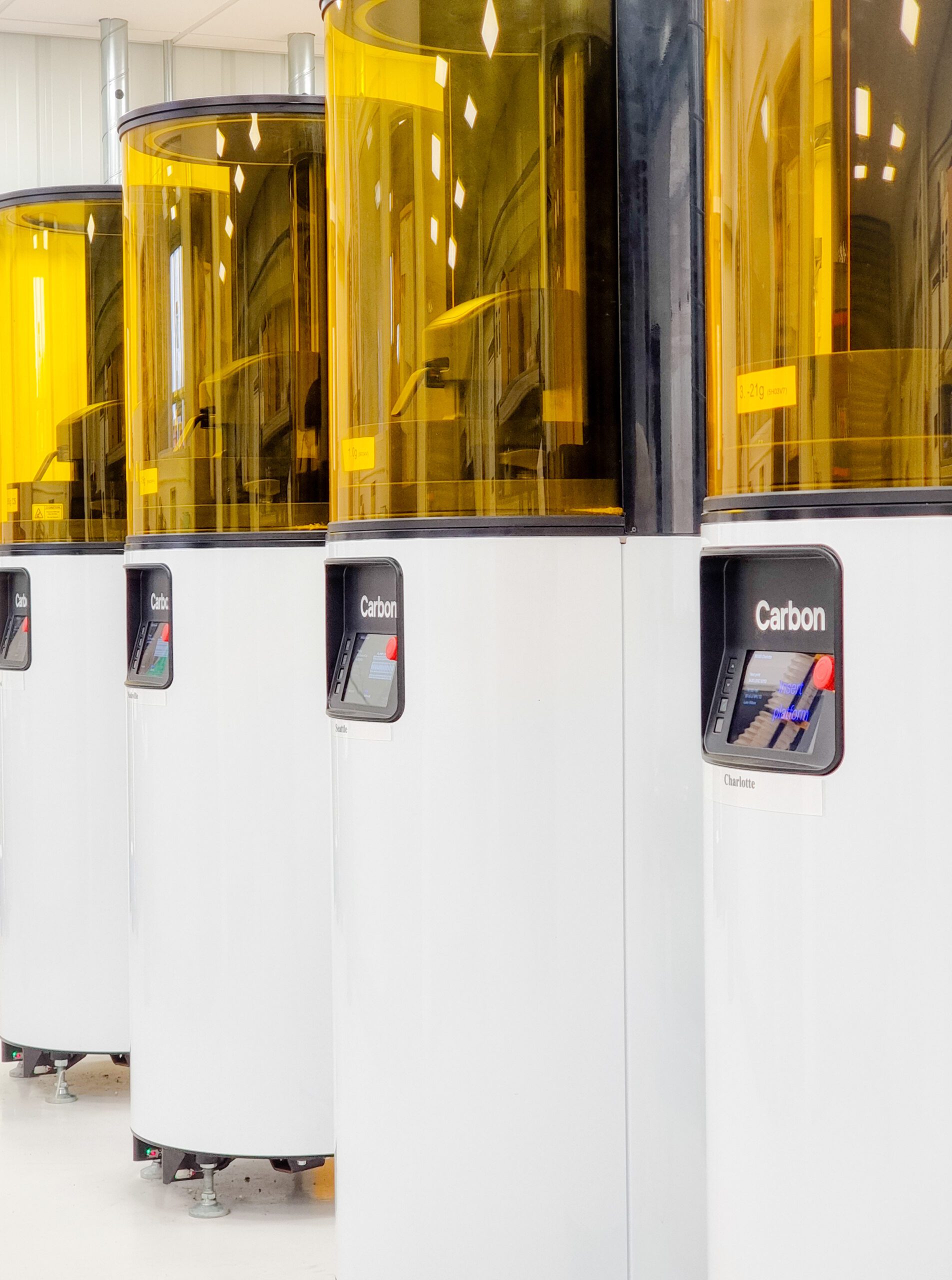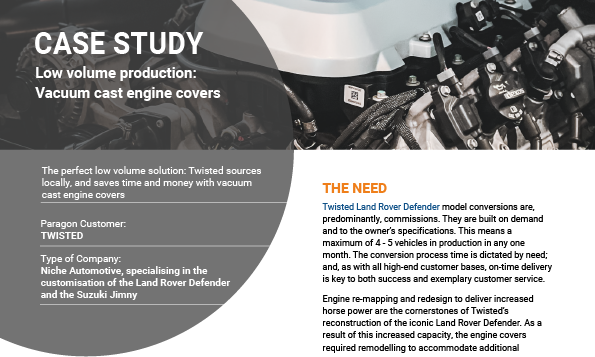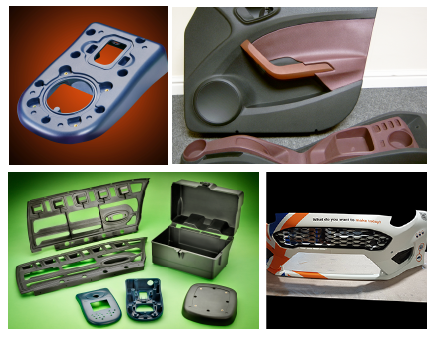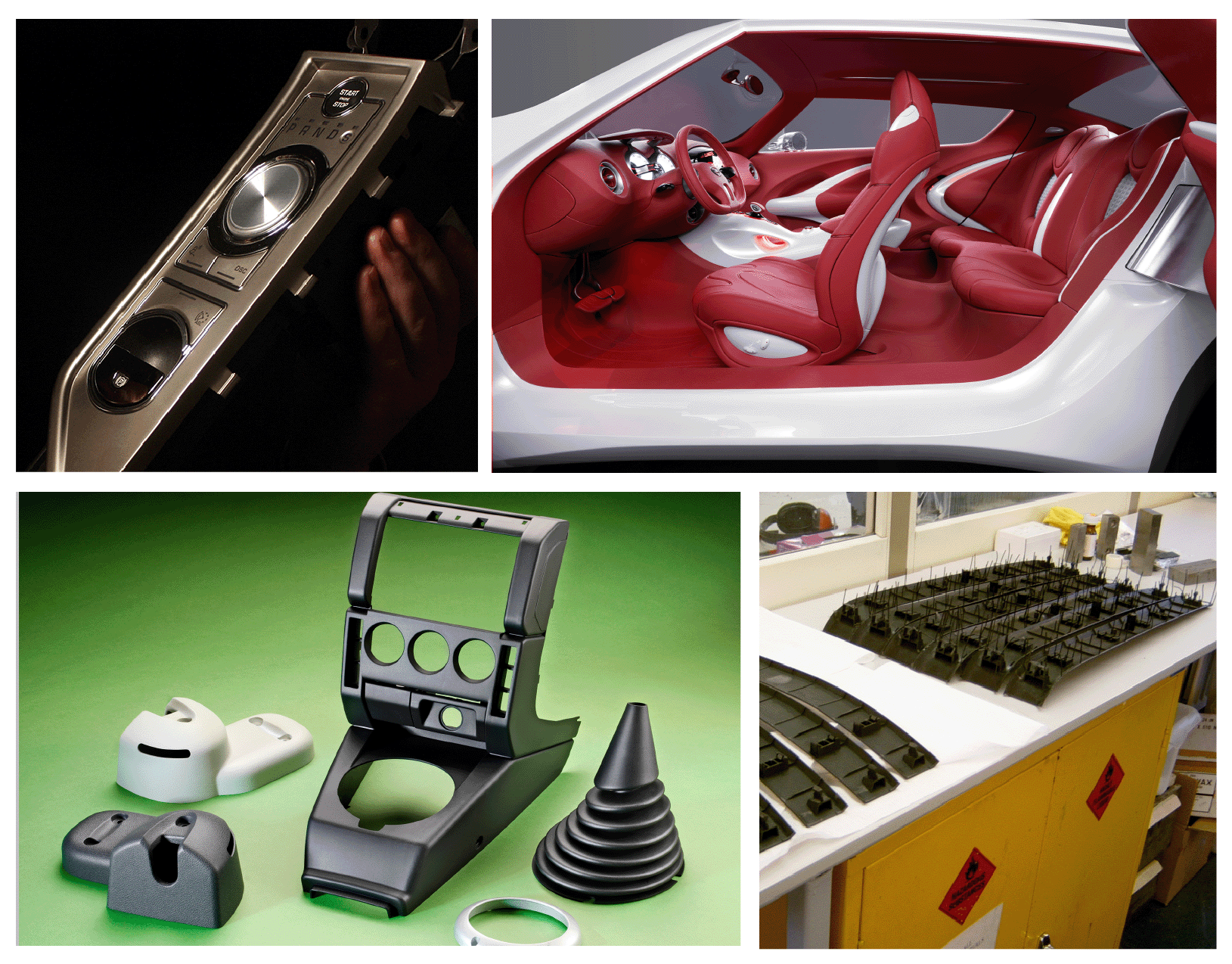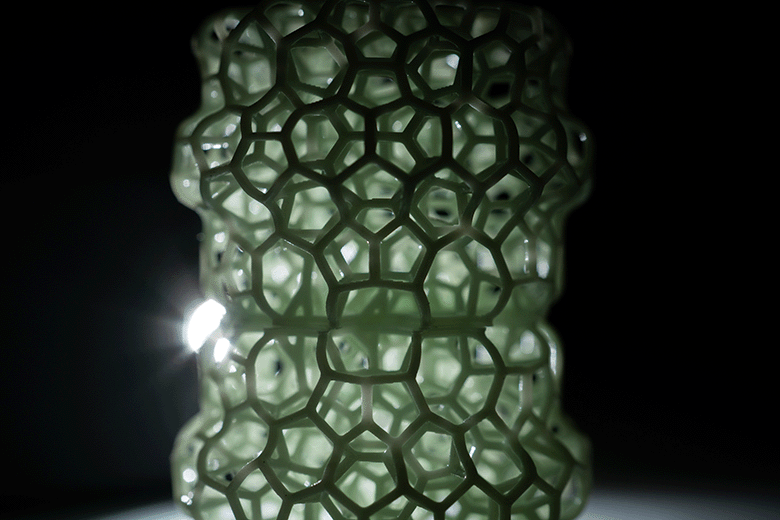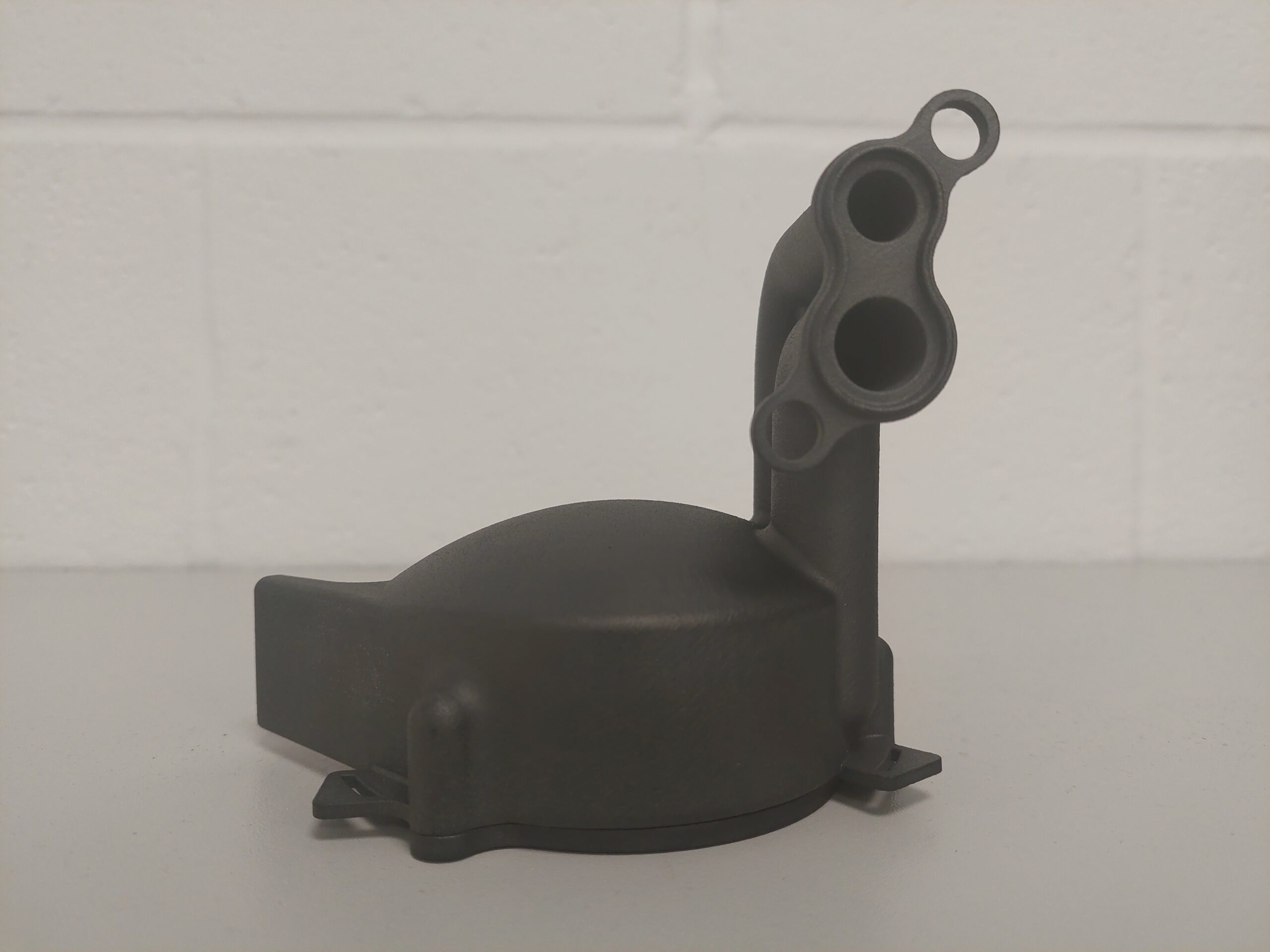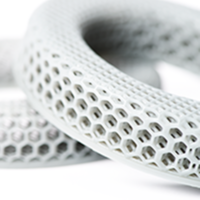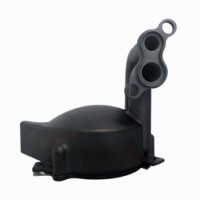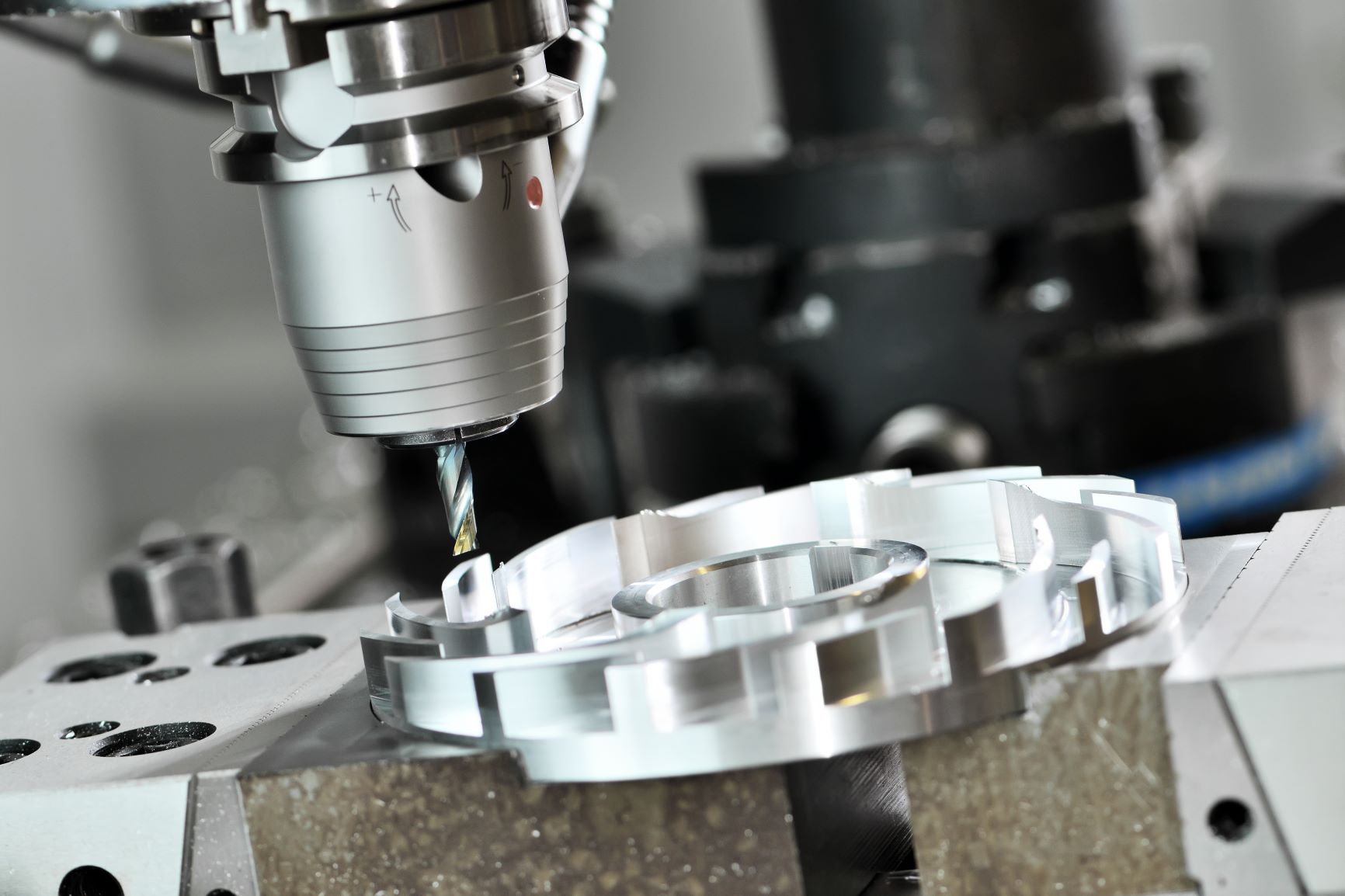
Articles & Whitepapers
THE PARAGON KNOWLEDGE LIBRARY
Vacuum casting: bringing Industrial Products to market faster and for less
Involving the use of silicone moulds and polyurethane resins, vacuum casting offers several advantages for industrial product manufacturing, including the ability to produce complex and highly detailed parts; a wide range of material options; cost-effectiveness for low-volume production; and relatively short lead times compared to traditional manufacturing methods.
Polymer Additive Manufacturing: Driving Robotic Innovation
Now that additive manufacturing polymers are being created for real world applications, issues such as temperature resistance, tolerances and robustness are no longer concerns. Polymer parts are lighter, making the robot more energy efficient and cheaper to run.
Solving Manufacturing and Engineering Problems – An Unbiased Approach
Following a manufacturing technology and process-agnostic approach means that, as an engineering and manufacturing business, we are unbiased towards the use of any specific technologies to solve your manufacturing problems.
Case Study: Twisted saves time and money with vacuum cast engine covers
Engine re-mapping and redesign to deliver increased horse power are the cornerstones of Twisted’s reconstruction of the iconic Land Rover Defender. As a result of this increased capacity, the engine covers required remodelling to accommodate additional components.
RIM: a perfect low production run solution for large automotive components
Paragon Rapid Technologies is one of the few companies in the UK offering RIM to automotive companies as an alternative to Injection Moulding for prototyping and low run productions. With CNC facilities on site, we can create model board tools, suitable for 100 or more parts, quickly and efficiently. We are also experts at creating silicone tooling (for up to 80 parts).
Vacuum casting: a perfect low production run solution for automotive engineering
There’s no need to tell automotive design and mechanical engineers just how vacuum casting can be used for prototyping and low-volume production of plastic parts for their vehicles…
Additive Manufacturing: The Lattice Advantage
Currently, the lattice structures that offer the solutions to thermoregulation, bulk and those fatigue issues can only really be produced through 3D printing. But additive manufacturing means so much more, from customisation to impact optimisation.
HP Multi Jet Fusion (MJF) Applications in the Automotive Industry
Multi Jet Fusion Applications in Automotive Engineering
Prototyping to production: beyond design validation with 3D Printing
The cost of additive manufacturing (AM) reduces daily. By eradicating the tooling component, production cycles are truncated and more cost effective. Roadblocks are reducing. What do you need to do to drive a seamless step from
3D Printing for Production with MJF
We are now seeing a sharp uptick in acceptance and application for 3D printing for production. In this article, we explore the benefits of 3D printing for production with HP’s Multi Jet Fusion, or MJF, technologies.
